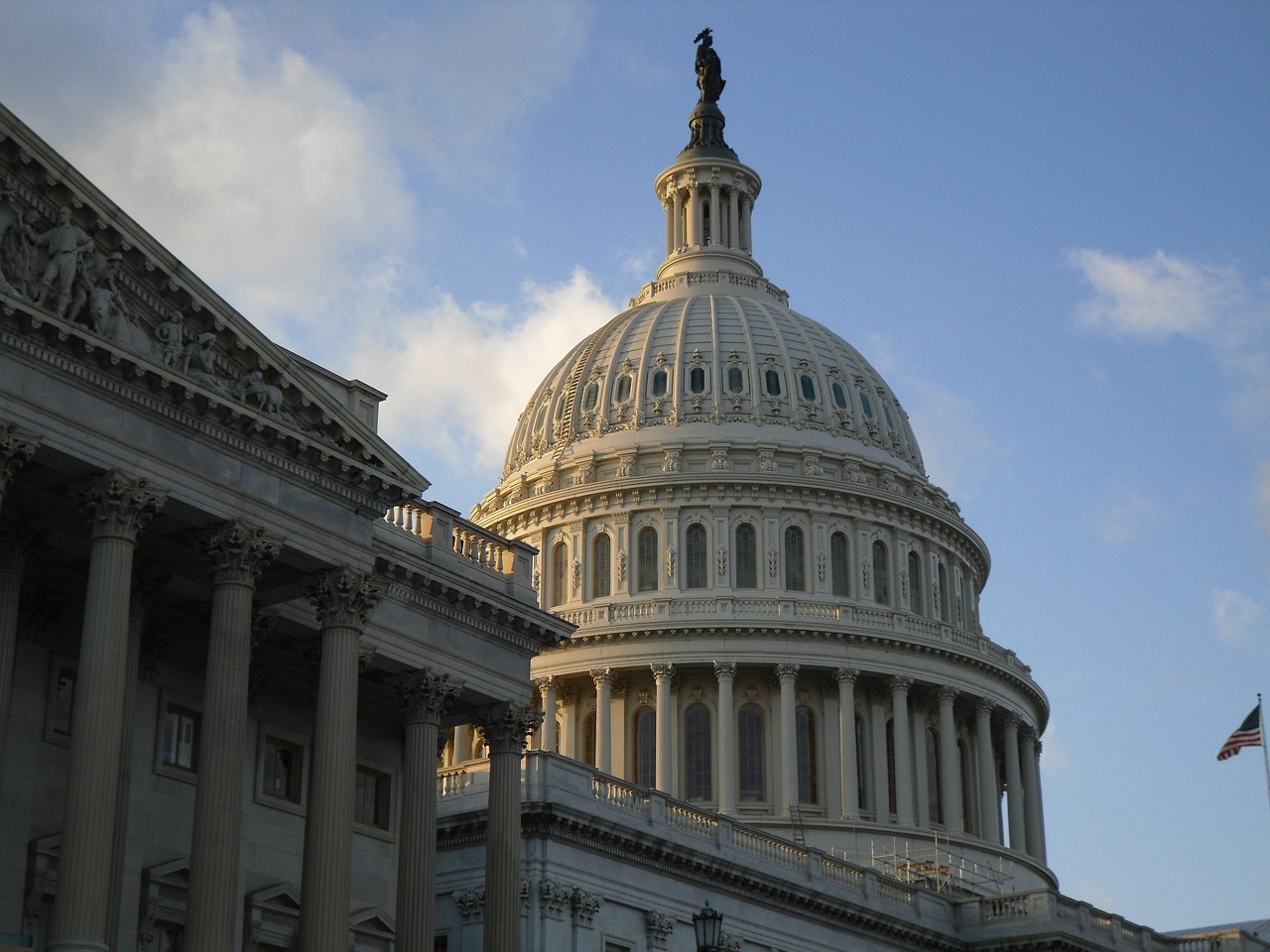A government shutdown is imminent if Congress can’t reach a funding deal by 12:01 a.m. on Sunday morning, Oct. 1.
A shutdown would have ripple effects across Texas and the nation. Texas has over 120,000 civilian federal employees and over 114,000 active duty service members. Their paychecks would be on hold for the duration of the shutdown.
Civilian employees include air traffic controllers, airport security officers, Medicare service center workers, Customs and Border Protection agents, among others. Those working in what are deemed essential government services would continue working, but places like national parks would close down.
Food assistance for Women, Infants and Children — the WIC program — would likely run out of money just a few days into a shutdown, NPR reports. But the impact may be delayed by how states, including Texas, use program funds. Experts say families in need should still seek benefits they think they’re qualified for.
Social Security checks would still be issued. Veterans Affairs offices would stay open. Federal employees deemed essential would be expected to work without pay, though they would receive back pay when a funding deal is reached.
If any of this sounds familiar, we’ve been through this before. Back in late 2018 and rolling into 2019, the government shut down for 35 days.
» RELATED: What would a government shutdown mean for Texans?
Sean Theriault, a political science professor at the University of Texas at Austin, said shutdowns occur when the U.S. House and Senate don’t pass the required appropriations bills before the new fiscal year starts on Oct. 1.
“What they typically do is right before that Oct. 1 deadline is they’ll pass this thing called a continuing resolution, which will keep the basic funding in place until they can pass all of those appropriation bills,” he said. “And so here we are waiting for them to pass the appropriations bills. And if they don’t, continuing resolution.”
If lawmakers do not pass a continuing resolution, the shutdown will start this weekend.
“There are two critical things that we need to remember. The first one is back when we were talking about increasing the debt ceiling, the president and the speaker, Democrat and Republican, reached an agreement on funding levels,” Theriault said. “And since then, the speaker has withdrawn from that agreement. And so now he wants the president to renegotiate that. And the president is like, ‘look, we had a deal and you stepped away from that deal.”
The other important piece to understand is that House Speaker Kevin McCarthy’s position is somewhat precarious within the Republican Party, Theriault said.
“The second thing that we have to understand is the speaker is holding on to his job by five votes,” he said. “There are a lot more people in the Republican conference today who are ready to push him aside. And so how Kevin McCarthy balances these two things is incredibly difficult.”
Theriault said the impact of a possible shutdown would depend entirely on how long it lasts.
“When we talk about government shutdowns, if it’s a day or two or even if it extends a week, I think that we can manage just because right enough accounts have enough money that we can kind of push through,” he said. “But by the time we get to a second week, that’s when those federal employees don’t start getting their paychecks in. As soon as we start having stuff like that happening, then the vice grip on Congress to do something will become that much more difficult.”
» GET MORE NEWS FROM AROUND THE STATE: Sign up for Texas Standard’s weekly newsletters
Theriault said both parties will need to compromise to get this done.
“We have to recognize that the Republicans are in the majority in the House of Representatives. And the Democrats, of course, have the Senate, just by a couple of votes, and the White House. And so it requires them to compromise,” he said. “We thought we got to that compromise when they increased the debt ceiling. And so as soon as the speaker steps away from that deal, as soon as he reneges on that deal, I don’t know how you can’t say that the Republicans deserve more of the blame for this than the Democrats.”
Theriault said as the clock ticks down, his eyes are on the House.
“The House is trying to take baby steps towards approving some of these appropriation bills,” he said. “And granted, that’s not going to be the solution. But if the Republicans stay united on that, then I can imagine there’s going to be enough impetus for them to figure out some type of continuing resolution they can pass. And then we could have some type of negotiation with the Senate.”















